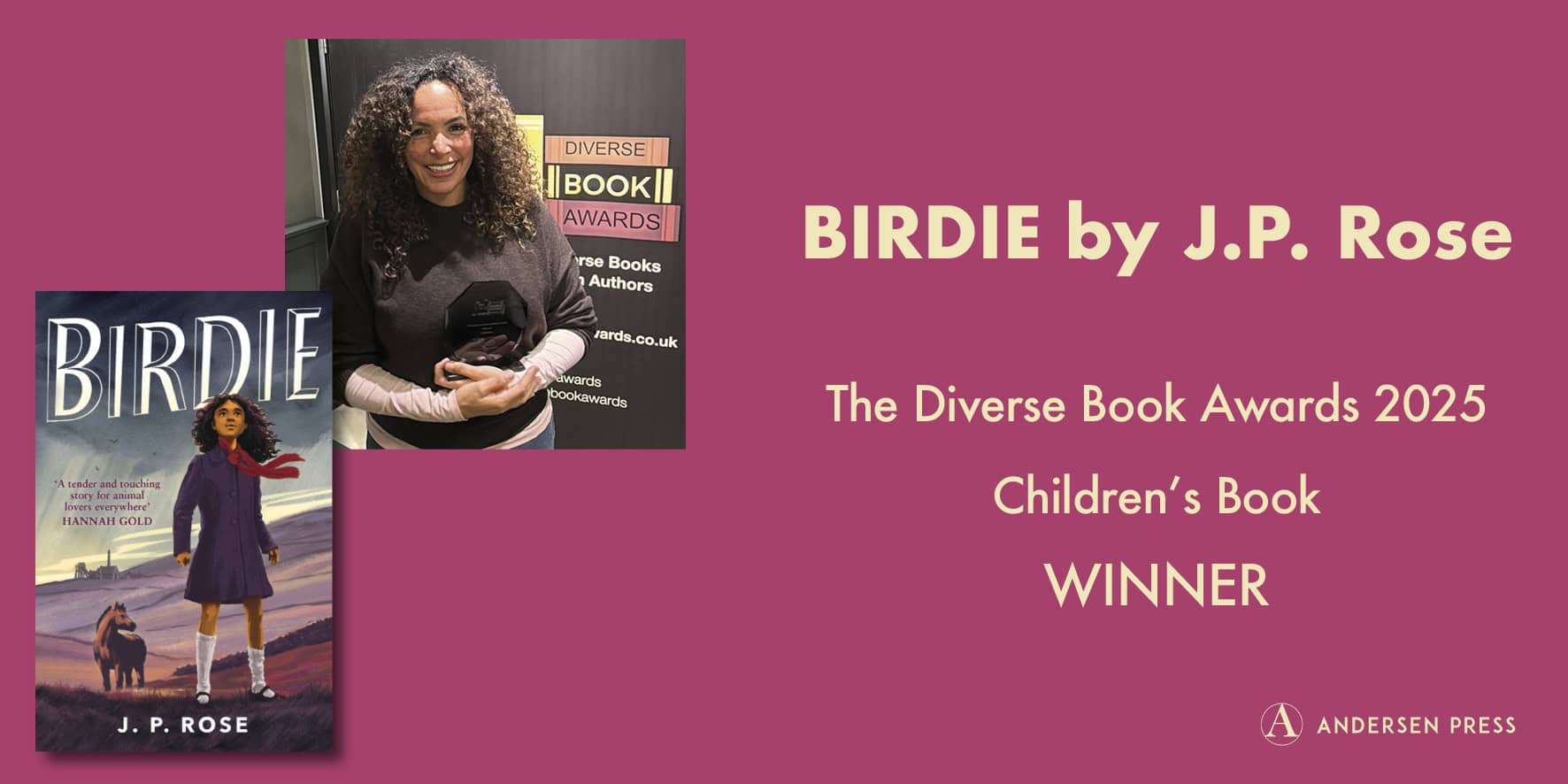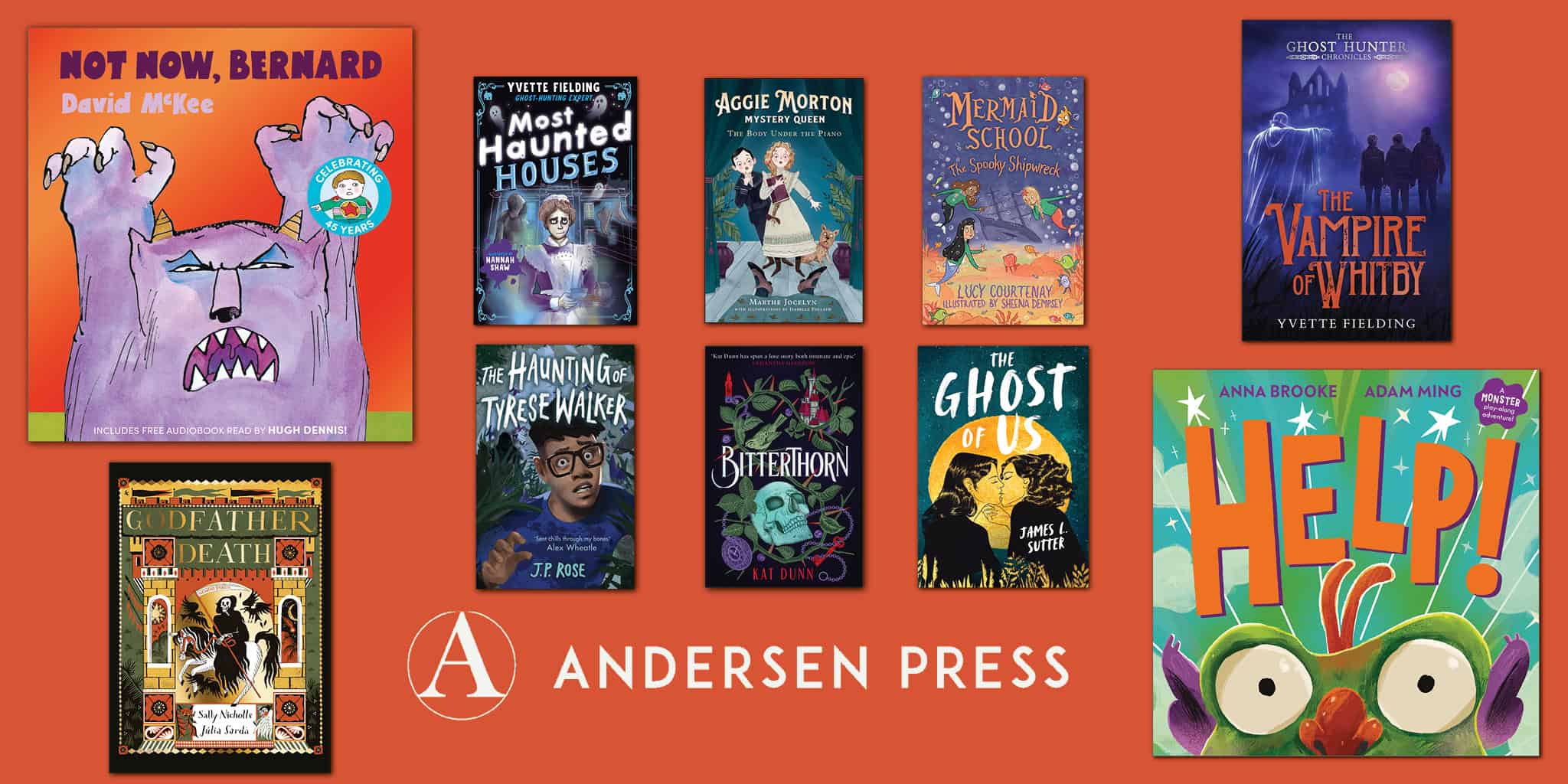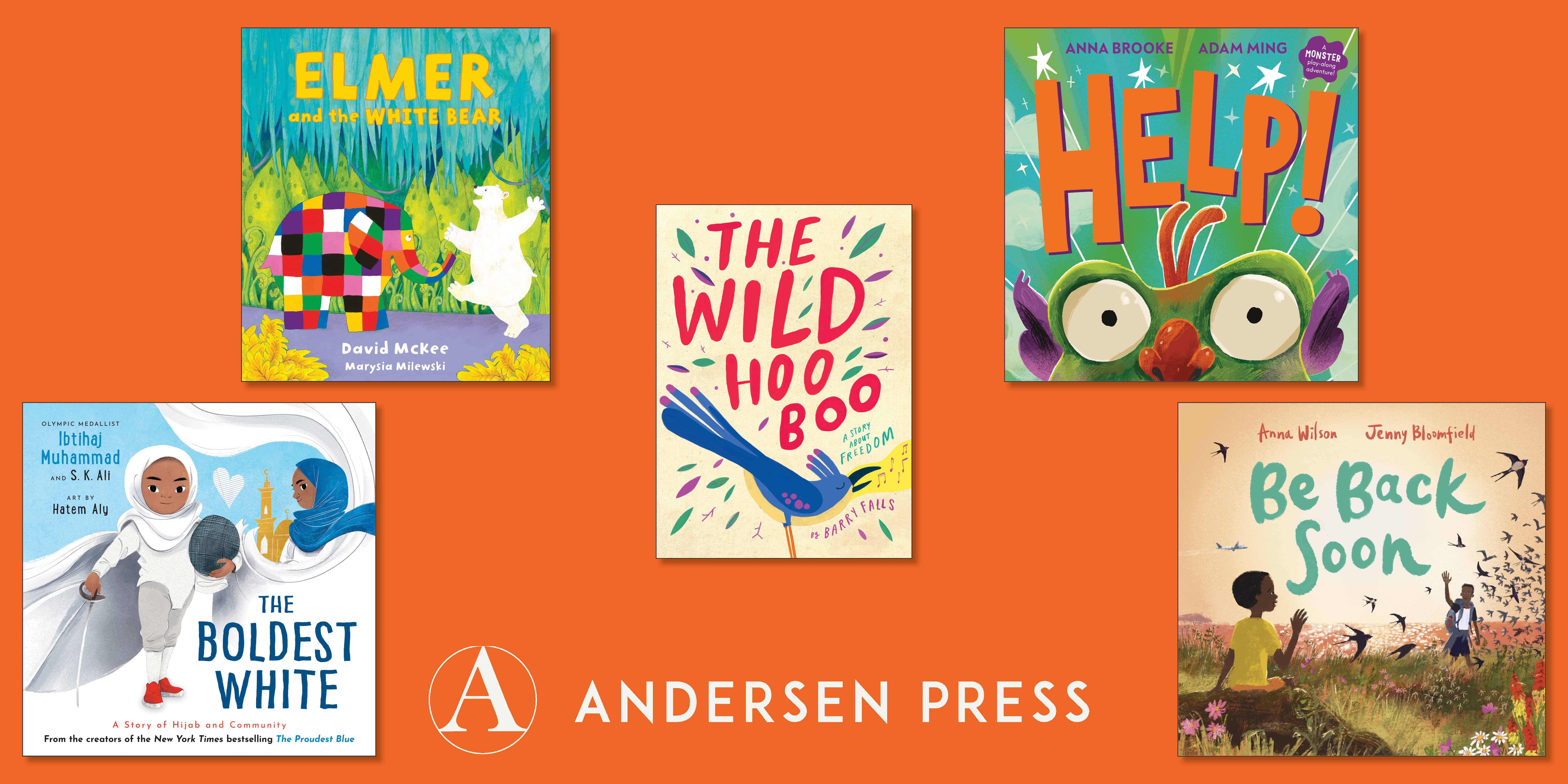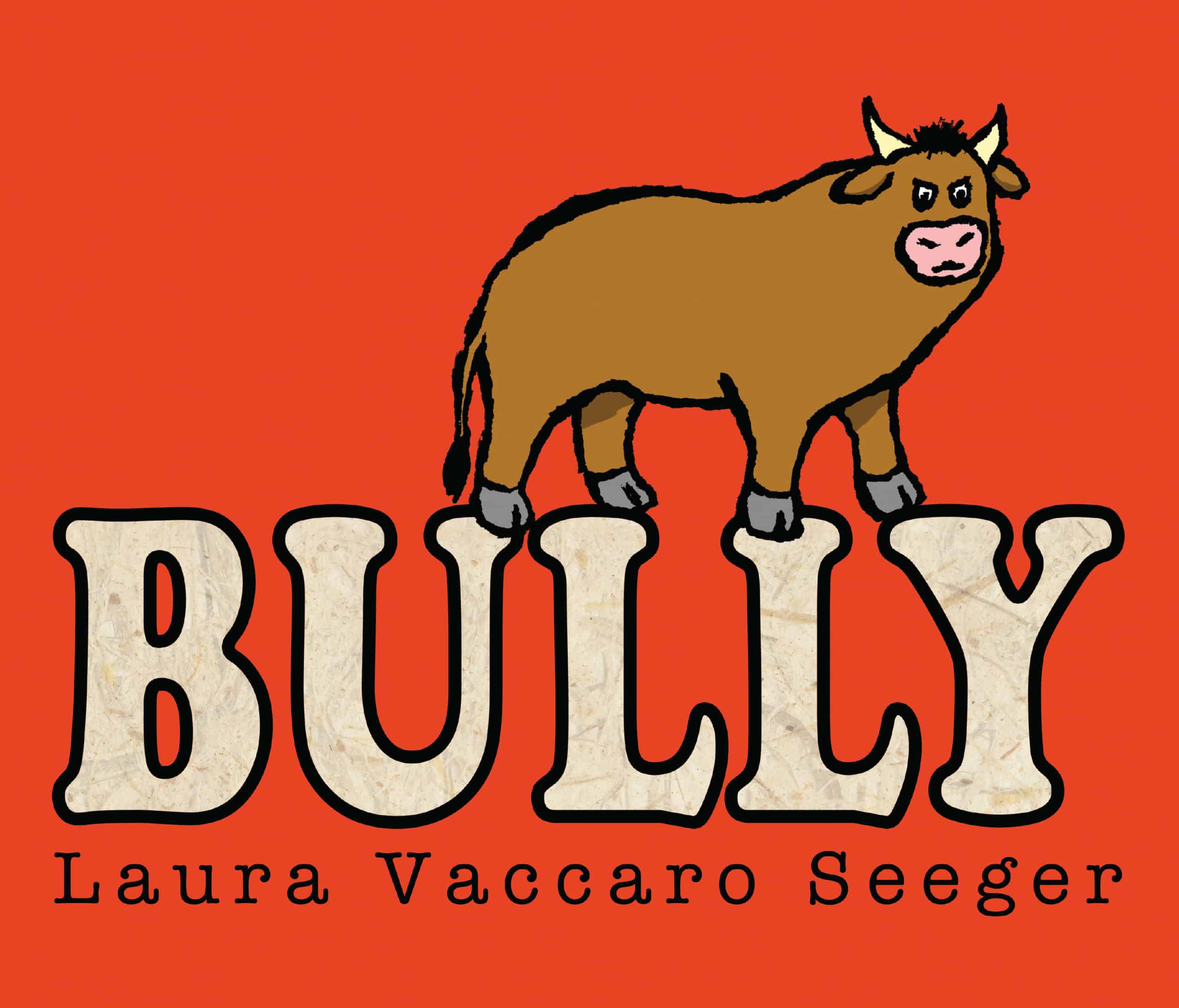
Renowned children’s author Michael Rosen recently wrote that ‘there are hundreds of great picture books for children, but one or two are extraordinary because they tackle something big and important in a funny, accessible way.’
Renowned children’s author Michael Rosen recently wrote that ‘there are hundreds of great picture books for children, but one or two are extraordinary because they tackle something big and important in a funny, accessible way.’ For many children, bullying is a big and important problem: the Anti-Bullying Alliance have reported that 46% of children and young people have been bullied whilst they were at school. The Anti-Bullying Week campaign, starting on 16th November, has been established in order to combat the widespread nature of bullying and seek to ‘empower children and young people to make a noise about bullying.’
This got us thinking about whether books have the power to teach young people about bullying and tolerance. Reading can help build our ability to empathise and improves relationships. In fact, there are plenty of children’s books that specifically deal with the topic of bullying, such as Malorie Blackman’s Cloud Busting and Patrick Ness’ A Monster Calls.
When we cast an eye over our own bookshelves in the Andersen Press office, we noticed plenty of books that not only deal with bullying but also the topic of tolerance and how to cope with bullies. Here’s a selection we think would be perfect to read during Anti-Bullying Week:
Bully by Laura Vaccaro Seeger
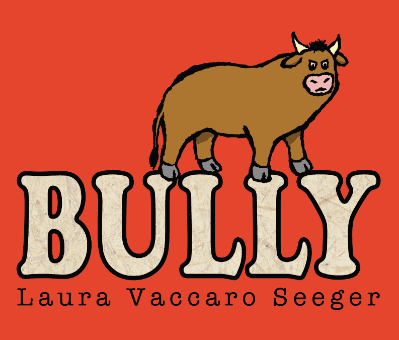
This bold picture book demonstrates in a simple yet powerful way that words can hurt. Bull doesn’t have a kind word for any of his friends, until someone decides to stand up to him and makes him realise what a bully he’s become. Whilst Bully contains few words, young readers will come to understand what bullying means and what makes Bull become a bully in the first place.
We Are All Made of Molecules by Susin Nielsen
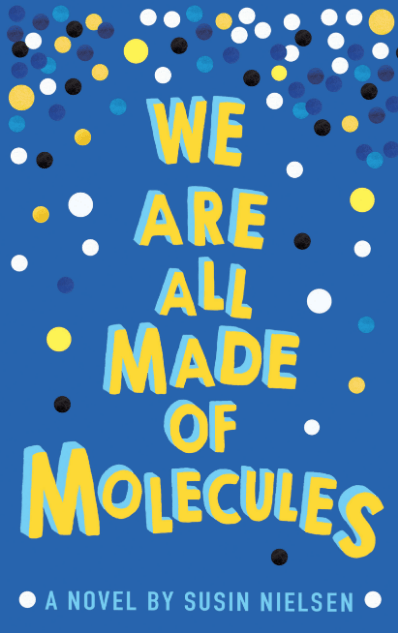
We Are All Made of Molecules is ‘a book to fortify readers against bullies and homophobes’, according to the Sunday Times. Geeky Stewart’s mum has died and popular Ashley’s dad has come out as gay and moved out of the family home. Their lives take another unexpected turn when Stewart’s dad falls for Ashley’s mum and they decide to move in together, forcing Stewart and Ashley to coexist in the same house. Soon, these two very different people attract the attention of the school hunk Jared, whose pretty exterior is masking a darker side. This is a heartwarming and funny YA book that includes some important lessons when it comes to bullies, friendship, family and acceptance.
Elmer and the Hippos by David McKee
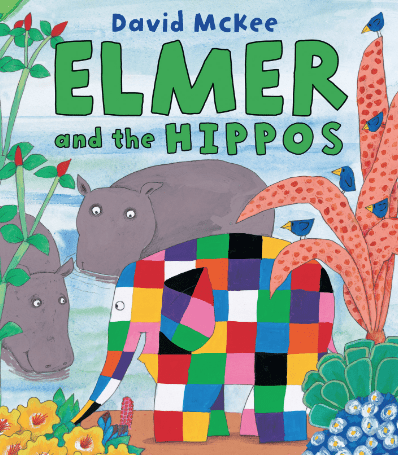
Elmer the patchwork elephant has been a nursery favourite for decades; McKee’s books are not only loved for their vibrancy but for their subtle message that it’s ok to be different. This Elmer story is about putting prejudices aside – at first the elephants are not happy that the hippos are using their river, but Elmer encourages the elephants and hippos to work together to solve the problem and in turn they overcome their differences. With its lesson of tolerance, this would be a perfect book to share with young readers during Anti-Bullying Week.
Frog and the Stranger Max Velthuijs
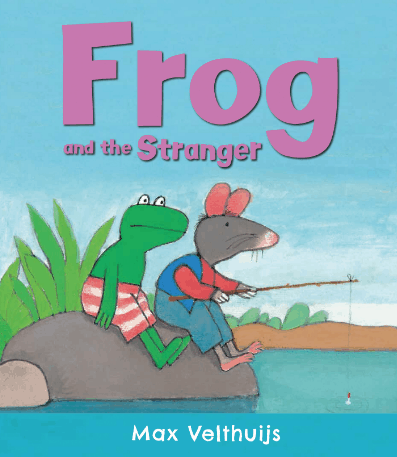
In this book from the Frog picture book series, Frog shows his friends that Rat, a stranger, is not bad just because he’s different. Despite the fact that the other animals think Rat is ‘dirty’ and should ‘go back’ from where he came from, Frog is friendly to Rat and loves to listen to his stories of his world travels. When Rat saves the animals in a series of unexpected emergencies, they realise how judgemental they have been. Frog and the Stranger is a simple yet affective story about accepting people’s differences.
Liar and Spy by Rebecca Stead
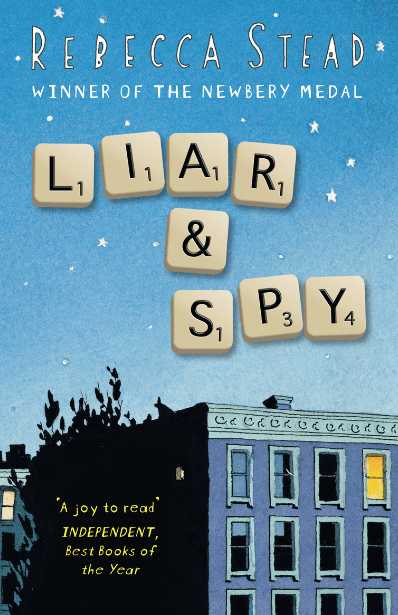
When Georges moves apartment, he meets Safer, a twelve-year-old self-appointed spy. Soon, Georges becomes his spy recruit and his first assignment is to track the mysterious Mr X. Meanwhile, Georges is the victim of bullies at school, whom he chooses to ignore. As with many other issues confronted in the book, Georges reflects that it is more important to look at the big picture; the bullies are ‘kids being kids… none of it will matter in a few years’. Stead’s novel could be discussed in terms of whether it’s right to ignore bullying and question why a child would choose to ignore this problem.
Is It Because? by Tony Ross
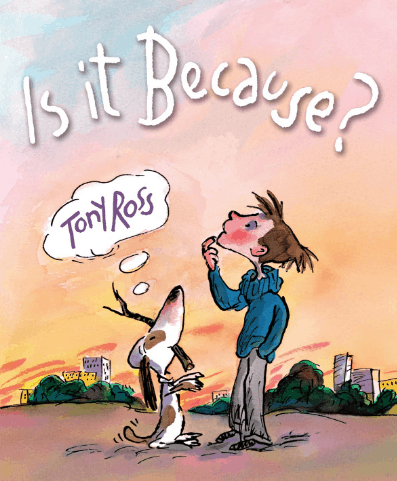
Another picture book that cleverly engages a cause for sympathy for each side of the story, Is It Because? is about a little boy wondering why he is bullied by his classmate Peregrine Ffrogg. He asks questions like ‘Is it because he smells like bike? Is it because he can’t ride a bike?’ Eventually the little boy decides Peregrine must be jealous and unhappy.
To learn more about Anti-Bullying Week, visit http://www.anti-bullyingalliance.org.uk/

